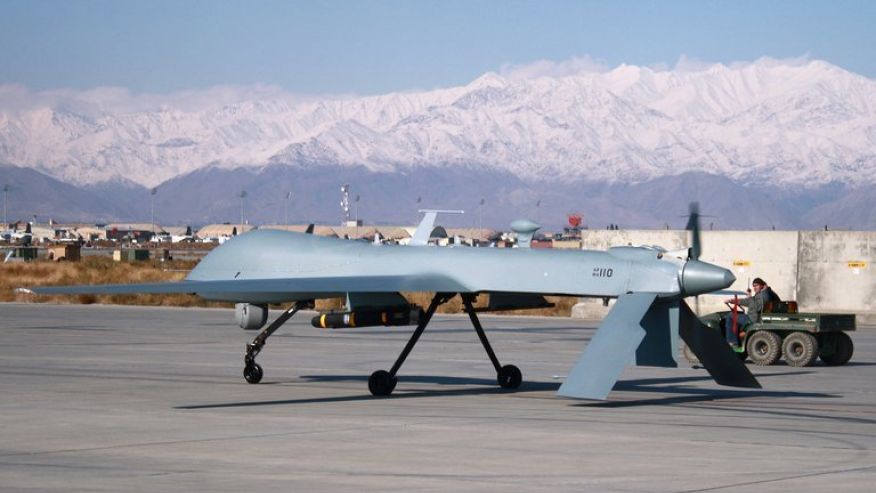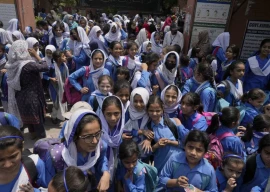
The twin raids targeted al Qaeda positions near Rada, a central town, which has been the focus of deadly fighting between the militants and advancing Shia rebels, the sources said.
The United States is the only country operating drones over Yemen, but US officials rarely confirm individual strikes.
Washington regards al Qaeda's Yemen branch as the most dangerous and there has been no let-up in the drone war even as the militants battle the Shia rebels alongside Sunni tribes.
The rebels, known as Huthis from the name of their leading family, overran the capital Sanaa in September and have since advanced south from the mainly Shia northern highlands into Sunni majority areas.
The Rada area is confessionally mixed and has seen deadly clashes in recent weeks.
Armed tribesmen killed 22 rebels in a series of attacks in the area late on Monday, tribal sources said.
The attacks came as a four-day ultimatum expired for the rebels to withdraw, one tribal source told AFP.
The rebels captured several areas around Rada late last month after a suspected US drone strike and raids by the Yemeni air force killed dozens of al Qaeda militants and their Sunni tribal allies.
The Huthis have seized on chronic instability in Yemen since the 2012 ouster of veteran strongman Ali Abdullah Saleh to take control of large parts of the country.
The fighting has raised fears that Yemen - which neighbours oil kingpin Saudi Arabia and lies on the key shipping route from the Suez Canal to the Gulf - may collapse into a failed state.
1734609344-0/Untitled-(69)1734609344-0-405x300.webp)
1721739746-0/BeFunky-collage-(12)1721739746-0-165x106.webp)
1734607785-0/Untitled-(67)1734607785-0-165x106.webp)

1734606787-0/Untitled-(65)1734606787-0-165x106.webp)
1734593191-0/Copy-of-Untitled-(58)1734593191-0-270x192.webp)
1734590229-0/Copy-of-Untitled-(56)1734590229-0-270x192.webp)




1734468458-0/Copy-of-Untitled-(50)1734468458-0-270x192.webp)

1734511806-0/Untitled-design-(5)1734511806-0-270x192.webp)









COMMENTS
Comments are moderated and generally will be posted if they are on-topic and not abusive.
For more information, please see our Comments FAQ